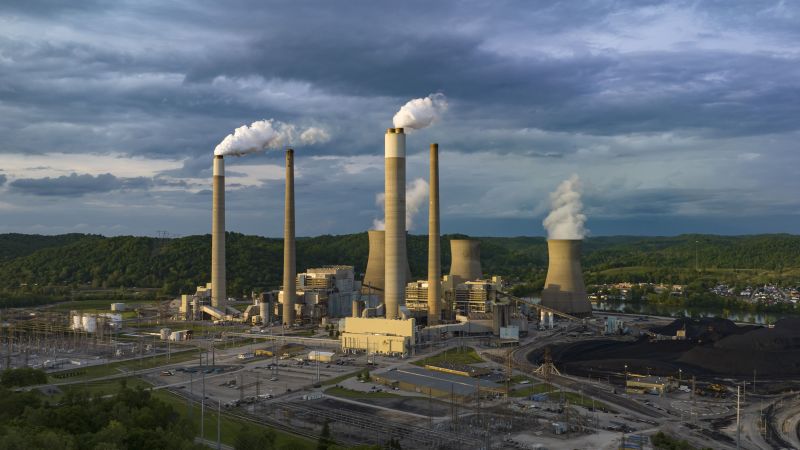America’s wealthiest people are also some of the world’s biggest polluters – not only because of their massive homes and private jets, but because of the fossil fuels generated by the companies they invest their money in.
Anyone else just feel like we should eat the rich?
On one hand, yes, on the other, eating shit isn’t very appealing.
I think it’s way overdue.
Envy and jealousy will get you nowhere in life. Strive to do better. Maybe join the upper classes through hard work and sacrifice?
We already work and strife more than those upper classes ever would in their entire life.
How about those upper classes pay their due taxes instead of using loopholes to be a leach on society?
Either that or we eat them.
The wealthy do pay a lot of taxes. How about cutting spending instead? Oh…THAT. Never seems to come up though.
Curious also: are you really going to eat rich people? For dinner? Then what? Keep eating your way down until you reach the middle class? Envy and jealousy are a burden, my friend.
Thanks for the suggestion I just became a billionaire
“You don’t understand. Ferengi workers don’t want to stop the exploitation. We want to find a way to become the exploiters.”
— Rom
So fucking sick of billionaires
What do you even do when you exceed 100 Millions?
They must be mentally sick in some way “just one mooare billion pleaaase”
I imagine its just a prick waving contest between the rich. They just compare the number in their account to the others and want to have a bigger number.
Feel like some people here are being emotionally invested thinking this study is a sort of a blame game encouraging us to berate the wealthy individuals for their investments. I can’t say whether the researchers had this in mind or not but from reading the study it looks like an aim of devising this metric was to figure out a strategy of investment taxation to deter wealthy people from investing in industries that are ravaging the planet:
By linking GHG emissions with the incomes it enables our work has quantified the scale of emissions inequality in U.S. society and the extreme and growing concentration of emissions among very wealthy households. It also offers some suggestions on how accelerated decarbonization and revenue generation might occur, such as an income or shareholder-based carbon tax that reflects the GHG intensity of one’s income sources or financial assets. This is distinct from consumer facing carbon taxes that rely on individuals decarbonizing the economy by shifting their consumption to less GHG intensive goods and services and thereby encouraging companies to respond to their new preferences. A consumer-facing approach assumes individual consumers have the knowledge, financial resources, and agency to shift spending and the power to alter corporate decision making on the GHG intensity of their supply chain and operations. An alternative income or shareholder facing carbon tax puts pressure on executives and large shareholders (i.e. those with the most economic and corporate power) to act in their own self-interest and decarbonize their supply chain and operations in order to reduce taxes on their compensation and investments. Recent work has calculated that a climate inspired wealth tax could indeed be an effective tool to raise revenue for adaptation and mitigation efforts [52, 53].







